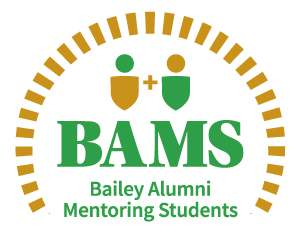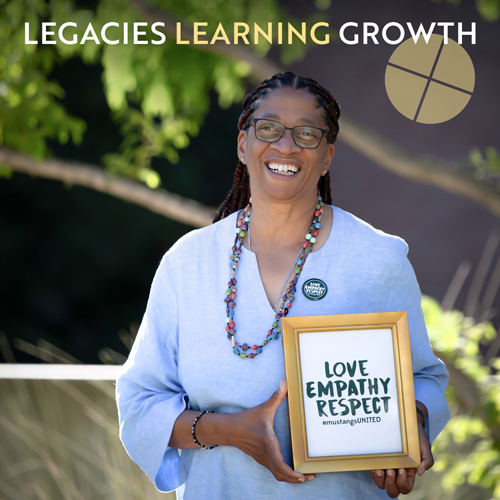Life in Setiu

Editor's Note:
Liberal studies alumna Trisha Huynh (B.S., 2014) spent a year in Malaysia as part of the Fulbright English Teaching Assistant program in 2015. She shares her experiences in a series of reflections. Here she describes her arrival and orientation programs.
Use the links below to jump between sections:
Driving into Setiu, I was struck by the diversity of plants that penetrate the village. Sometimes it is difficult to determine whether the foliage or the buildings have the upper hand. Cows, chickens, monkeys and snakes all run freely in the village, making use of the thicket of trees and flat, grassy plains. I lose track of time observing the insects and birds in my little neighborhood.
Life in Setiu is certainly slower. I can count the number of roads on one hand. Groceries are bought not at supermarkets but at small mom and pop shops and local farmer's-market-like stands. People certainly take the time to get to know their neighbors and be with their families.
For the first few days in my placement, I was apprehensive. How would I create a life for myself here? Would the community accept me? What would make me happy and satisfied for nine months in Setiu?

Photo courtesy of Trisha Huynh
All that worry, however, was mostly for nothing. I have been here for a week and a half and have quickly adapted to life in Setiu. My house is stately and far too nice for Sophie, my fellow English Teaching Assistant, and me. It has three bedrooms, five bathrooms, a giant kitchen, a dining room and a comfortable living room. We are even lucky enough to have hot water and a washing machine! There is, however, a constant battle between me and the mold — everything in Malaysia molds very quickly during monsoon season — and prevalent insects and arachnids.
At school, I teach seventh, eighth and 10th grade students. The students understand English well as long as I speak slowly. They are shy, though, and associate speaking in class with sucking up to the teacher or bragging about their intelligence. As a result, classes are quite stagnant.
Malaysian students are used to individual work and class lectures. When I speak to them, they to stare at me blankly and then giggle into their hands, grasping for words. I am beginning to adjust to the education system but am eager to instill more group work and active participation in the classroom. I am already planning a storybook unit and am eager to bring American classics, such as “The Mitten,” “Strega Nona” and “The Giving Tree” to Malaysia.
After classes, I participate in school sports. I am learning to play netball and handball, and although I am horrible at these games, all the students are so kind, saying, "Miss, you so good" and "Miss, please be on my team." I look forward to this unstructured time with my students. During school, they are all so busy that I don’t get to know them on a one-on-one basis. After school, they are more relaxed, and I can learn about their interests, hobbies and family.

Photo courtesy of Trisha Huynh
The staff at my school is extremely kind. They are constantly treating me to lunch and making the effort to speak with me in English, even though they are thoroughly uncomfortable with the language. They worry that I don’t have enough food, that I'm not respected by the students, that I'm not happy at the school. Their thoughtfulness and the effort that they put into my adjustment to Setiu has been so helpful, and I am thankful.
I have also become acquainted with my community. My landlady, Kak Rose, has me and Sophie over for dinner at least once a week. Although Kak Rose’s English is not very good, she is wise and always has knowledge to share with us. Her cook, Heni, makes the best food that I've tasted in Malaysia. I'm even allowed to use Kak Rose's treadmill for exercise. Their hospitality and generosity astound me every day.
I’ve made it a habit to play with the neighborhood kids that loiter outside of my house. At around 4 p.m., they know that Sophie and I are home from school and run to our doors, banging and yelling, "Miss Triiishaaaaa! Miss Soooophieee!" repeatedly until we come out. They range from four to 17 and have a blast when I sing silly songs such as "Row Row Row Your Boat" or "The Hokey Pokey." We have plans to blow bubbles and play with play-doh, and I can already tell that soon we will be good friends.
Right now, I am happier than I've been in a while. Everything here is insanely weird, extremely uncomfortable and utterly amazing all at the same time. It is always an adventure, and every day there’s something new. I see so many possibilities for the upcoming year and am excited to see what I can accomplish in the next nine months.




